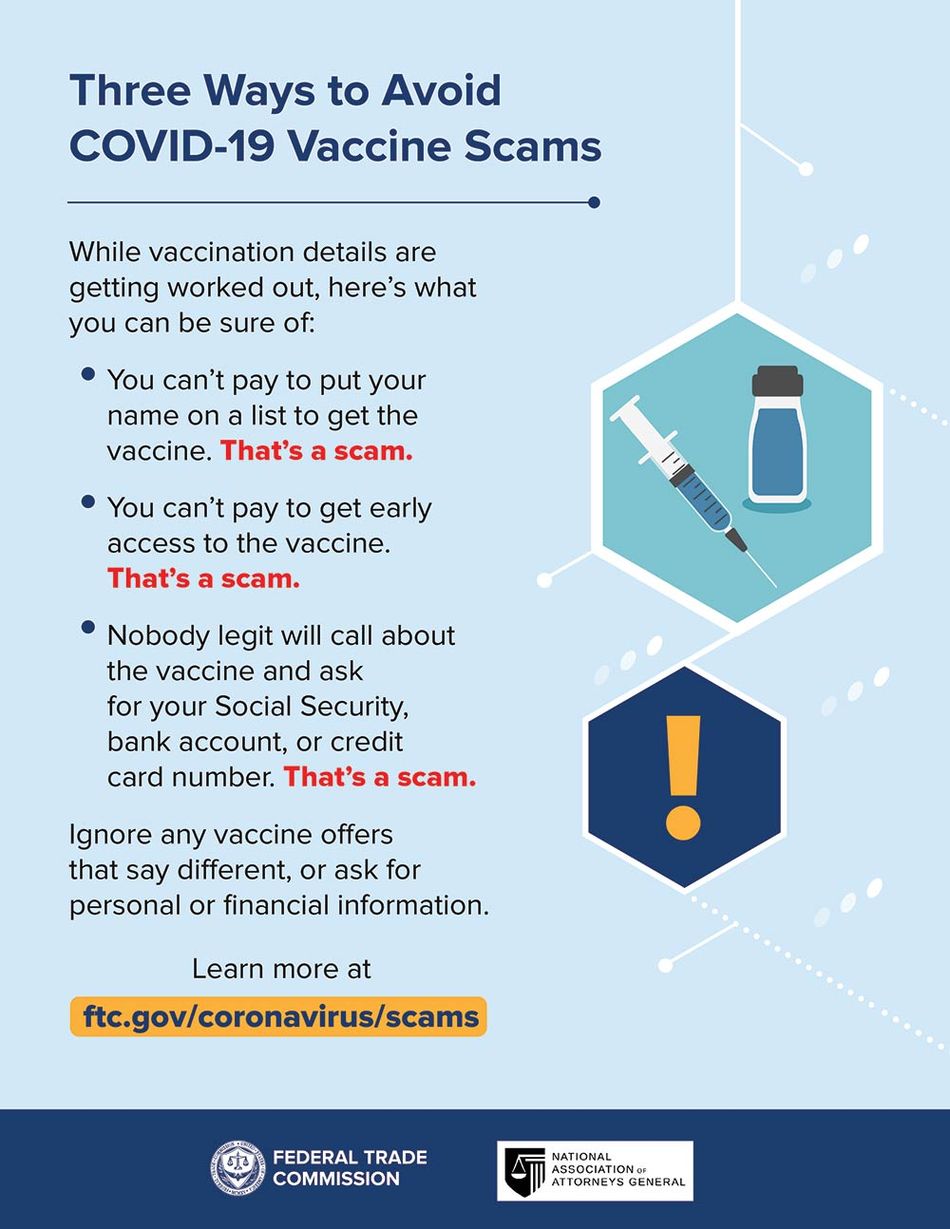Seniors over 65 can now receive the COVID vaccine in many states, but navigating sites to actually sign up for a vaccination appointment can be challenging for the less tech savvy.
At least 10.6 million people in the United States have received one dose of either the Pfizer or Moderna vaccine, according to the Centers for Disease Control (CDC). Both require a second dose three to four weeks after the initial dose. Per CDC guidelines, healthcare workers and nursing home residents are among the first recipients.
From there, vaccine distribution varies state to state, but CDC guidelines recommend vaccinating frontline essential workers like first responders, teachers, grocery store workers, and prison guards, as well as adults over the age of 75. The CDC then recommends vaccinating adults between 65 and 74 and anyone with preexisting conditions next, before finally distributing the vaccine to the general population.
Because vaccine distribution varies from state to state, staying updated on who can get vaccinated, let alone how, can be confusing. It can be especially difficult for those who aren’t as online or digitally adept, as nearly every state’s vaccine registration process is online.
If there’s someone in your life who may qualify for the vaccine soon but isn’t sure how to get it, here’s a guide to giving them a hand.
If you know older or high-risk friends or family members who are eligible for the COVID vaccine but aren’t as digitally savvy as you are, please don’t hesitate to work with them to help get them signed up.
— Nate Silver (@NateSilver538) January 15, 2021
Stay updated on your state’s vaccine rollout
If you’re helping someone sign up for a vaccine appointment, knowing when and if they’re eligible is a start.
Each state is distributing the vaccine differently, but they’re generally aligned with the CDC’s rollout guidelines. You can check where your state is in the distribution process through the CDC’s site. Select your state on the drop down menu, and the CDC site will redirect you to your local health department’s vaccine distribution plan.
WebMD has a list of states’ vaccine information sites as well.
Preemptively sign up for text or phone alerts
Some local health departments are implementing text-based alerts to inform residents whether they’re eligible to receive the vaccine. Residents of San Francisco, for example, can sign up for notifications beginning Jan. 19, 2021. The state of Tennessee has a similar system for its residents. These tools can be immensely helpful for those who have cellphones but aren’t as enmeshed in social media.
Check if your local health department implemented, or has plans to implement, a similar tool. You’ll likely need to enter your date of birth, field of work, and any underlying health conditions that may qualify you for an earlier vaccine. You can also sign up on the behalf of someone else and receive notifications when they’re eligible to receive the vaccine.
Avoid vaccine scams
With mounting demand for the vaccine and limited distribution, scammers are already trying to take advantage of peoples’ desperation.
Soon after the United Kingdom began distributing vaccines earlier in January, residents began receiving texts claiming to be the National Health Service. The fraudulent text informed the recipient that they were “eligible to apple for the vaccine,” and included a link to a site with the NHS logo, which prompted them to enter their bank information to “prove ownership of address.”
Similar scam attempts have taken place in the United States as well. In Florida, a widely circulated Eventbrite link advertised vaccine appointments that were not sanctioned by the state’s health department. The link has since been taken down, but the event “sold out” appointments between Jan. 14 and Jan. 25 before officials intervened.
Don’t fall for scams like these, and don’t let the boomers in your life fall for it, either. Unless you’ve intentionally already signed up for texts alerts regarding the vaccine, you likely won’t receive unsolicited invitations to apply for it. Legitimate COVID vaccine centers will also never ask you for personal information like your address or bank account information. The personal information you may have to share will be whatever pertains to vaccine eligibility, like age, field of work, and possible underlying health conditions.
It’s worth reminding your loved ones that they cannot pay to be vaccinated early, nor to “pre-register” for the vaccine.
The Federal Trade Commission published a helpful infographic to spread awareness about vaccine scams.

Image: federal trade commission
Sign up for second dose reminders
Remember, both the Pfizer and Modern vaccines require two doses, about three to four weeks apart. Luckily, the CDC developed an alert system to remind people to get their second dose.
Through VaxText, those who have already received their first dose can text ENROLL to 1-833-VaxText (1-833-829-8398), where they can opt to receive weekly reminders for their second dose in either English or Spanish. They’ll be prompted to respond with the date they received the first dose and whether they received the Moderna or Pfizer vaccine. Depending on the vaccine they received, they’ll be reminded to receive the second after 21 or 28 days.
The VaxText system will not ask for personally identifiable information like address, social security number, or age. If you or a loved one receives unsolicited texts that do ask for that information, it’s likely a scam.
With the vaccine rollout finally starting to pick up, we can hope to return to normal life in the near future. It might just take a crash course in digital literacy, first.
